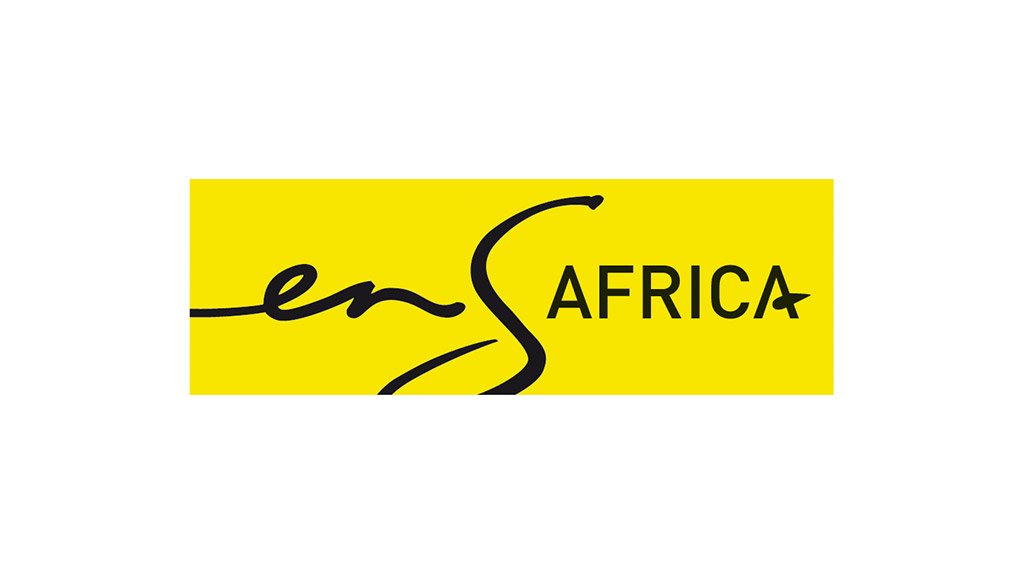The Davis Tax Committee’s (“DTC”) first interim report was released in July 2015 (the “First Report”) and made various significant recommendations to the Minister of Finance regarding (among other topics) the taxation of trusts in South Africa.
Subsequent to the release of the First Report, various stakeholders and members of the public submitted comments to National Treasury to express their concerns in relation to the far-reaching consequences that may arise, particularly in relation to the taxation of trusts, should the recommendations of the First Report be legislated.
On 24 August 2016, the DTC released its second interim report on estate duty (the “Second Report”), which submits revised proposals to the Minister of Finance as relates to, inter alia, the taxation of trusts.
Two of the most notable proposals contained in the First Report were:
- the recommendation that the long established “conduit pipe” principle applicable to the taxation of trusts be abolished (in essence, such proposal recommended the removal of legislative provisions in terms of which trust income can be taxed in the hands of beneficiaries or a donor at lower marginal rates, as opposed to the flat higher rate of tax in a trust)
- the First Report further stated as follows:
“There would be numerous complexities associated with implementing a form of transfer pricing adjustment to deem a return on interest-free loans between [South African] registered trusts and [South African] taxpayers. The DTC concurs with the recommendations of the Katz Commission that this be avoided.”
The Draft Taxations Laws Amendment Bill, released on 8 July 2016, proposes to insert section 7C into the Income Tax Act, which section appears to be a mechanism to encourage loans to trusts to carry at least the official rate of interest in these or surrounding circumstances.
If enacted, section 7C will apply where any natural person or company that is a connected person in relation to such a natural person makes or provides any loan, advance or credit to a trust in circumstances where such natural person or company (or any associated connected person) is a connected person in relation to such trust.
The following consequences will come into play in relation to such loans:
- if the loan does not bear interest or bears interest at a rate lower than the official rate of interest, the official rate of interest must be taken into consideration in determining the amount of interest to be included in the income of the natural person
- the income tax attributable to such inclusion will be recoverable from the trust, and the failure to recover such amount from the trust within a period of three years will give rise to the natural person being deemed to have donated such amount to the trust – giving rise to concomitant donations tax implications
- should such a loan be reduced or written off, the annual donations tax exemption available to natural persons (currently ZAR100 000) will not be available
- no deduction, loss or allowance may be claimed in respect of any disposal of the loan claim or the failure to claim repayment in respect thereof
The Second Report makes the following revised proposals:
- the “conduit pipe” principle should be retained only in relation to vested trusts (ie where a trust deed confers upon its beneficiaries an indisputable and irrevocable vested right to both capital and income of a trust)
- the “conduit principle”/fiscal transparency should be abolished for onshore discretionary trusts.
- the flat rate of taxation of trusts (currently 41%) should be retained and be subject to adjustments in line with changes to the maximum personal income tax rate
- estate duty provisions are to be expanded upon so that the “deemed control” of a trust by a person through a low-interest or interest-free loan account (in circumstances where such person and trust are connected persons in relation to each other) give rise to estate duty implications for such person
- trust arrangements should be examined by the South African Revenue Service (“SARS”) on registration of the trust and upon transfer of assets into trusts so as to, inter alia, reduce aggressive tax planning
- donors and beneficiaries of all vested trusts should be subject to stricter disclosure requirements and enforcement measures
- SARS should comprehensively examine foreign trust arrangements and should establish a separate investigations unit to attend to same. In addition, where disclosure deficiencies are identified, penalty provisions should be rigidly applied
It is unclear as to the interaction of the proposed section 7C and the proposed extension of the “deemed control” provision.
The Standing Committee on Finance is scheduled to hear submissions regarding various tax proposals including the proposed section 7C in September 2016.
Written by Robert Gad and Alexa Muller, ENSafrica.
This article was first published by ENSafrica (www.ENSafrica.com).
No information provided herein may in any way be construed as legal advice from ENSafrica and/or any of its personnel. Professional advice must be sought from ENSafrica before any action is taken based on the information provided herein, and consent must be obtained from ENSafrica before the information provided herein is reproduced in any way. ENSafrica disclaims any responsibility for positions taken without due consultation and/or information reproduced without due consent, and no person shall have any claim of any nature whatsoever arising out of, or in connection with, the information provided herein against ENSafrica and/or any of its personnel. Any values, such as currency (and their indicators), and/or dates provided herein are indicative and for information purposes only, and ENSafrica does not warrant the correctness, completeness or accuracy of the information provided herein in any way.
EMAIL THIS ARTICLE SAVE THIS ARTICLE FEEDBACK
To subscribe email subscriptions@creamermedia.co.za or click here
To advertise email advertising@creamermedia.co.za or click here











